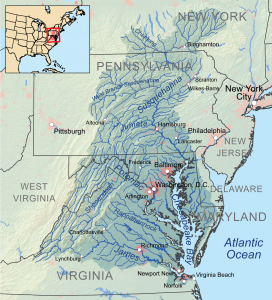Our greatest connection to our environment is in the food we eat every day and NYLCVEF believes that the nexus of farms, food and sustainability is an essential part of a robust conservation agenda. This nexus is facing many complex challenges that are all deeply interconnected. Solutions to issues such as loss of farmland and lack of access to healthy food will require focus, innovation and collaboration between government, a diverse group of issue advocates, farmers, and the food industry. Within government alone, coordination will be required at the federal, state, regional and local levels. The New York League of Conservation Voters is working to unite stakeholders in all parts of the food cycle behind a common agenda that tackles issues as large as the United States Farm Bill and as hyper-local as the Suffolk County Farmland Preservation Program.
New York State is a major producer of a wide range of agricultural products — ranging from apples to corn to yogurt — and boasts over 35,000 farms covering approximately 7 million acres of land. Many of these farms, especially small family farms, are under serious pressure from developers, the challenging economics of farming in the 21st Century, and an aging workforce. Preserving these farms is in the interest of cities across the state seeking to reduce their “foodprint” by ensuring a bountiful supply of locally grown produce. NYLCV has fought for — and won — significant investments at the state and local levels. Yet demand for preservation funds still far outpaces supply.
At the same time, approximately one-third of global greenhouse gas emissions come from agriculture. Despite the significant resources farmers put into growing food, a whopping 40% of it will end up as waste by the end of the food cycle. We are working to help promote sustainable practices for New York’s farmers while also diverting food waste from landfills. On the other hand, adaptation to a changing climate has become an immediate challenge, from the decline of pollinators such as bees to an increase in extreme weather events that devastate crops.
Finally, despite a bounty of fresh and local farm goods, many low-income communities lack access to affordable, fresh and local foods. This has exacerbated a public health crisis in neighborhoods where, lacking options, families turn to highly processed and fast foods that can lead to obesity, cancer, diabetes and a host of other chronic diseases. Similarly, many industrialized food processes — from the use of pesticides to antibiotics to unregulated additives — pose a significant risk to our public health. Though NYLCV has successfully fought for funding for the Health Bucks Program, a tax credit to farmers who donate edible food, and a major expansion of a regional food hub in the South Bronx, there is still much more that needs to be done.










